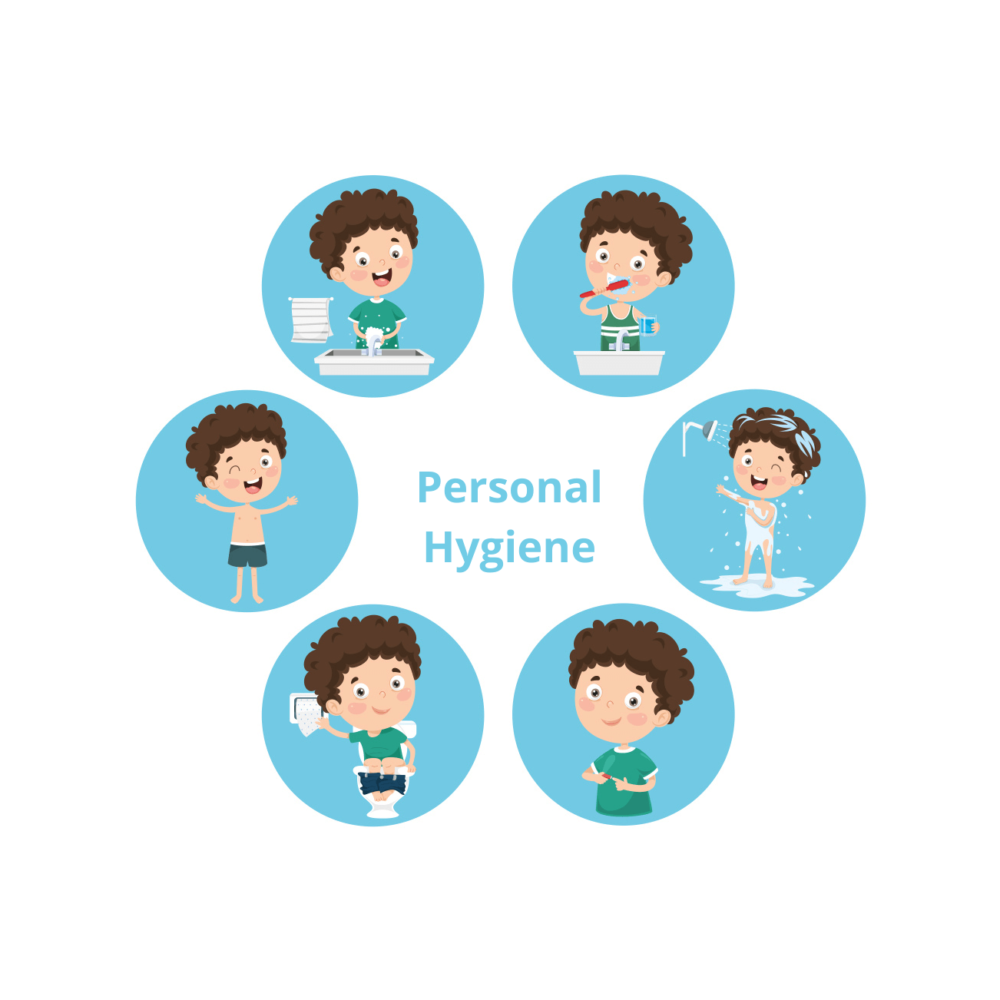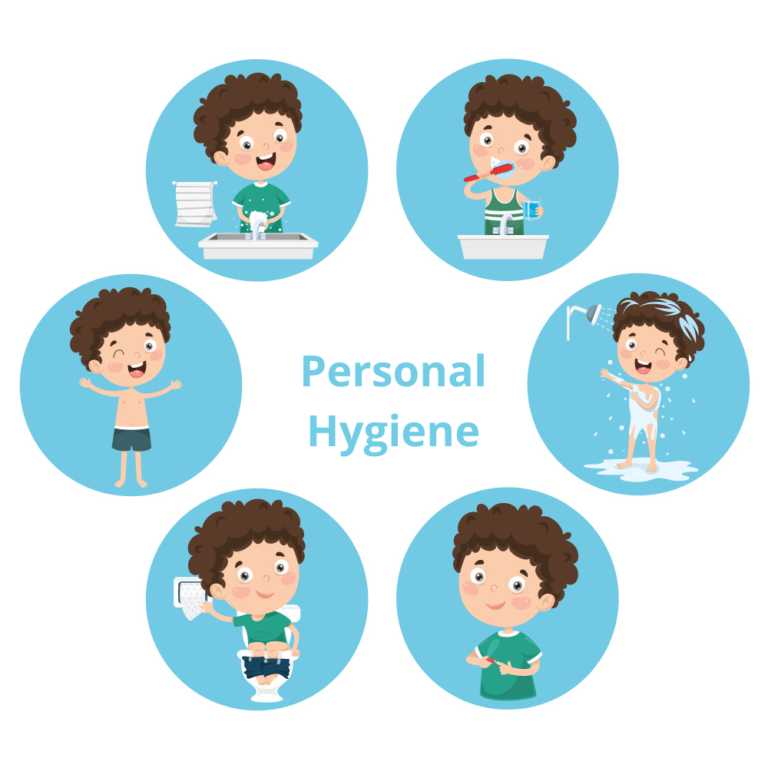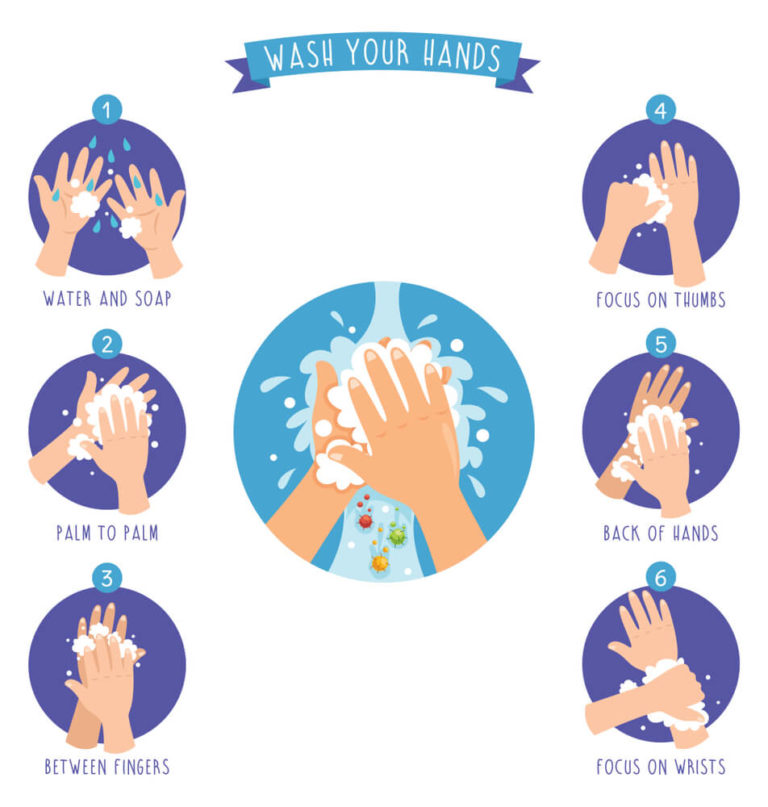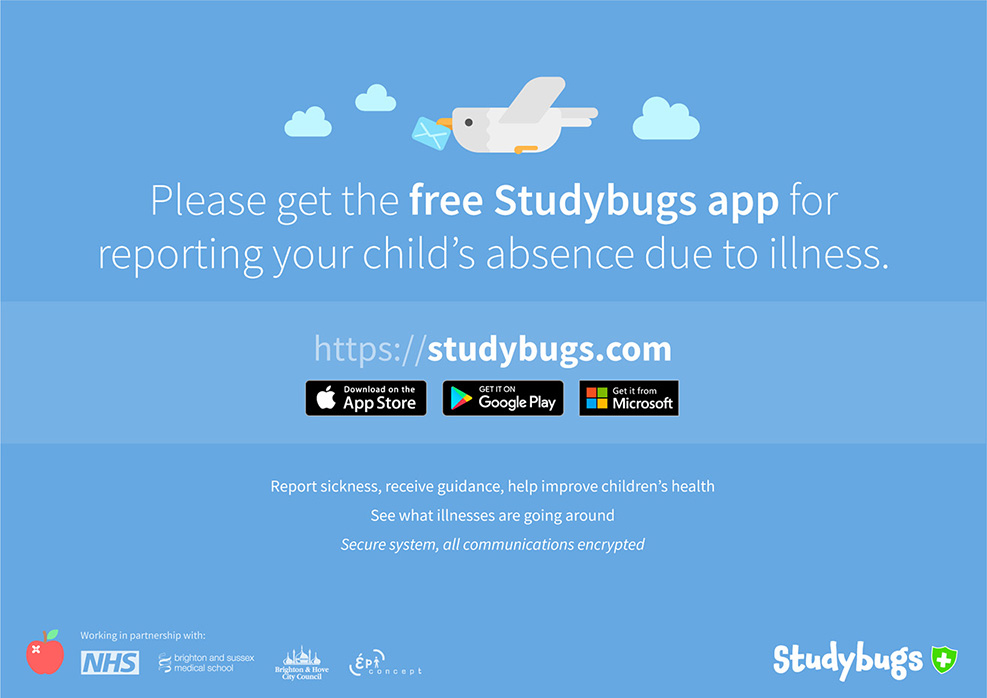
Primary pupils Hygienic Day at Sutton House Academy on 7th of May 2021
The aim of the Hygienic day today was to educate children at a young age which can set healthy behaviours for life. Children should maintain their cleanliness habits at all times whether they are at home eating, playing, preparing food in the kitchen or outside the home in school or playgrounds. Because personal hygiene is all about keeping ourselves and the surroundings clean. Before we go further let`s mention few words about what is hygiene?
In general, hygiene refers to a series of practices that preserve and protect the health from diseases. Personal hygiene refers to maintaining the body’s cleanliness. It comprises personal habits like having a bath frequently, washing hands, brushing teeth, trimming fingernails and more. It helps us to keep clean by preventing viruses from lingering on our body. Most of the contagious diseases spread through facial routes and are transmitted through direct contact.

It is important to maintain an environment that is hygienic and free of anything that may cause illness or endanger children in any way. A clean and healthy environment is one in which pupils are less likely to get sick and take days off as a result. It’s the best time to teach children about the necessary personal hygiene activities and share awareness concerning the immune system’s functions to personal hygiene. We can protect kids from illness and frequently falling sick if we teach them the importance of good personal hygiene from a young age.
Essential personal hygiene tips for children to ensure their healthy lifestyles:
- Hand hygiene
- Body hygiene
- Oral hygiene
Handwashing is the key to tackle the spread of bacteria. In school we taught children when and how to wash hands properly. Maintaining clean hands is one of the most significant steps we can take to avoid getting sick and spreading germs to others. We discussed it`s best practice to wash hands after sneezing, coughing or blowing noses, before touching food, after toileting, after being in public places, and after being near sick people.

One of the most important aspects of personal hygiene is taking care of our body. Regular baths or showers keep children clean and healthy. Bathing at the end of the day can be part of a bedtime routine. Body hygiene means to keep every part of our body clean to stay healthy.
Oral hygiene has a vital importance on a daily basis. The best practices are:
- Brushing teeth twice a day (one in the morning, and one before bedtime) with a fluoride toothpaste can avoid cavity, bad breath and other oral diseases.
- Reducing the consumption and especially the frequency of intake of drinks, confectionery and foods with sugars.
- Dental attendance: have a regular oral examination
During the activities pupils have looked at what they might have in their bathroom cabinets and what they might use it for. They did a hand washing experiment with pepper and soap and also discussed how to clean out teeth properly.
A hygienic lifestyle encompasses both physical and emotional health. For children, good health and hygiene practices go hand-in-hand with effective learning. Equally, learning about having a healthy and hygienic lifestyle helps give children the independence and confidence to make well-informed decisions about their health, which have life-long implications.
We hope found you found this leaflet useful and together we can ensure children`s healthy lives and keep them away from bacteria-causing diseases by practising the personal hygiene habits mentioned above.
